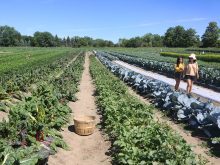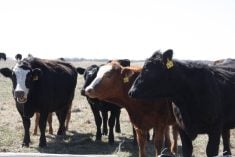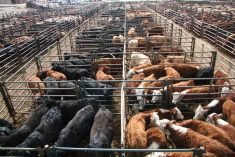Controversy over Alberta grazing leases has eased somewhat with the passage of a new agricultural dispositions act.
Known as Bill 16, Alberta’s 6,200 agricultural leaseholders have gained control over access to public lands, a key point in a debate that has been argued for decades.
Compensation for damages when energy companies enter leased property will be settled later in another government committee, said Jack Horner of the Alberta grazing leaseholders association.
“We have been assured that whatever happens we will be consulted.”
Horner said leaseholders would have preferred to have all the issues resolved but they are willing to accept the government offer.
Read Also

VIDEO: Ag in Motion documentary launches second season
The second season of the the Western Producer’s documentary series about Ag in Motion launched Oct. 8.
“We’ll accept what we can. We’ll stand on guard,” he said.
The ranchers are hopeful compensation levels remain the same as they are now. Rental rates are also under discussion.
An earlier act has been rescinded and replaced with new legislation and regulations.
Horner believes ranchers co-operating with oil companies convinced the government to change the legislation.
“The oil industry really survives on the goodwill of the rancher to a large extent. They realized they had to have relatively happy people out there where they are drilling,” he said.
The new legislation says recreational users must gain permission to enter any lease on foot only. If there are animals grazing or a standing crop on the land, they may be refused entry. People must remove all litter, refrain from lighting fires without consent and must close all gates.
A government website with contact names and further information will be posted Sept. 1.
Alberta has about 100 million acres of public lands with about five million acres of agricultural land leased for grazing and cultivation.

















